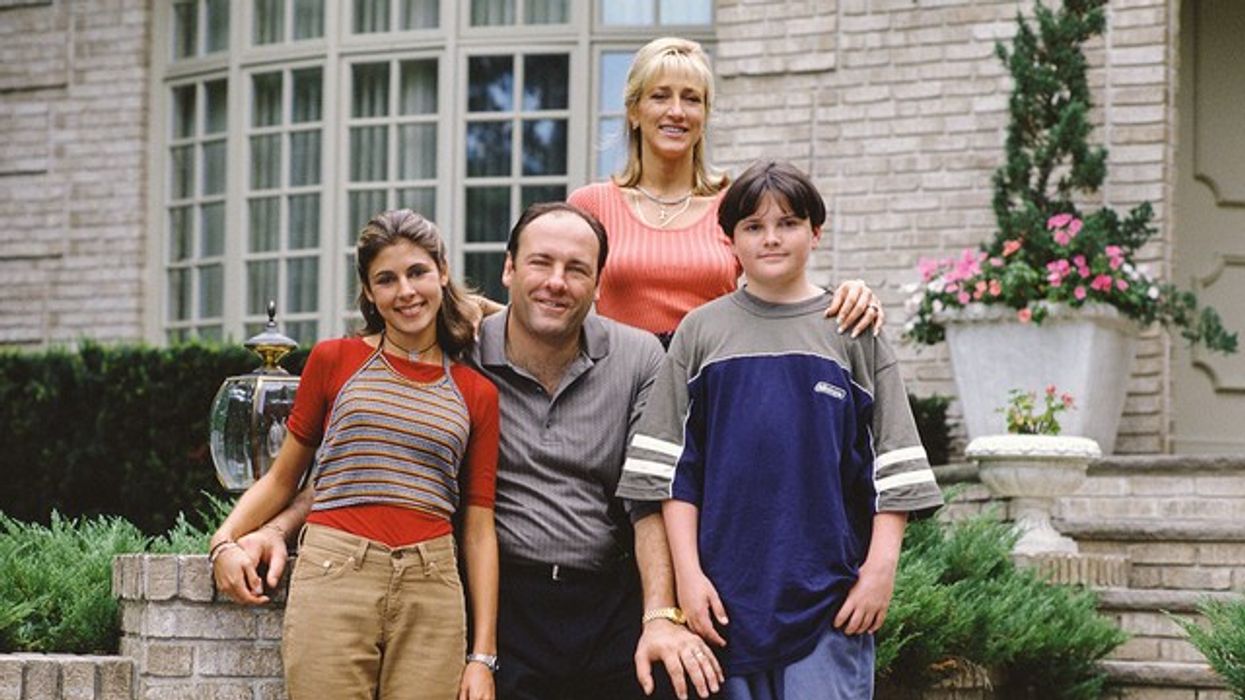Read and Download 'The Sopranos' Pilot Script PDF
There are a lot of lessons hidden in The Sopranos pilot script PDF.

I think it's time to talk about one of the best, if not the best, television shows of all time. Yes, I'm talking about The Sopranos. The series was created by David Chase and follows Tony Soprano (James Gandolfini), a New Jersey-based mobster, who is having trouble balancing his life of crime and his family. To deal with panic attacks, he begins to see a therapist as the world becomes more complicated around him.
It was a landmark series that changed all of television. The show premiered on HBO on Jan. 10, 1999, and grew week to week, eventually becoming a juggernaut for the network and cementing it as a major player in a world that revolved around network TV. It brought cable to the forefront and has never looked back since.
The series ran for six seasons, totaling 86 episodes, and ended on June 10, 2007, with a cut to black heard around the world. The Sopranos is widely regarded as one of the greatest television series of all time.The series won so many awards it's impossible to mention them all here, but some include Peabody Awards for its first two seasons, 21 Primetime Emmy Awards, and five Golden Globe Awards.
In 2013, the Writers Guild of America named The Sopranos the best-written TV series of all time, and in 2016, the series ranked first in the Rolling Stone list of the 100 greatest TV shows of all time.
And after reading all that, it's essential to know it all started with a fantastic pilot script, which you can download and read here.
3 Lessons from The Sopranos Pilot Script
Throughout the run of the show, Chase was always able to keep the audience guessing. He developed characters, had them arc, and combined archetypes to give us a new look and feel for the modern gangster. After reading the pilot again, I wanted to go over the three biggest lessons I found most useful as a writer. Let's dig in.
1. Reinvent Archetypes
The large, stoic mob boss character has been around since at least the 1930s. But what The Sopranos did so elegantly is take that character and manufacture someone who was the opposite.
The show took that archetype and brought us someone who was having panic attacks trying to fit in. He had vulnerabilities, anger issues, and was falling apart. Tony Soprano was a character who had so many things going on, that we felt for him, even if he was a bad guy. It was a brand new way to look at characters like this, and it made people think. This deconstruction was beautiful and harrowing.
2. Get Right Into the Story
One of the things I appreciate about the pilot of The Sopranos is how it wastes no time getting into the story. We are immediately in a psychiatrist's office. We spend the bulk of the pilot tracking back to how we got there, but we have the premise right up front. This is a mobster who came to get help.
By getting right into the story, executives could know right away what this show was about. And later, when audiences watched it, they knew as well. It was a compelling opening scene that led to an even more compelling episode.
3. Always Leave Them Wanting More
There are resolutions at the end of the pilot, but the long thread of the series is set up. We are interested in both the mafia world and the Soprano family. We also want to know what else might come out in therapy that makes this mobster tick. There are many questions at the end of the pilot, and it's so easy to see how this would be a television show. The narrative threads here are incredibly strong. They compel us forward. Deeper into this world.
What did you learn from the pilot? Tell us in the comments.













